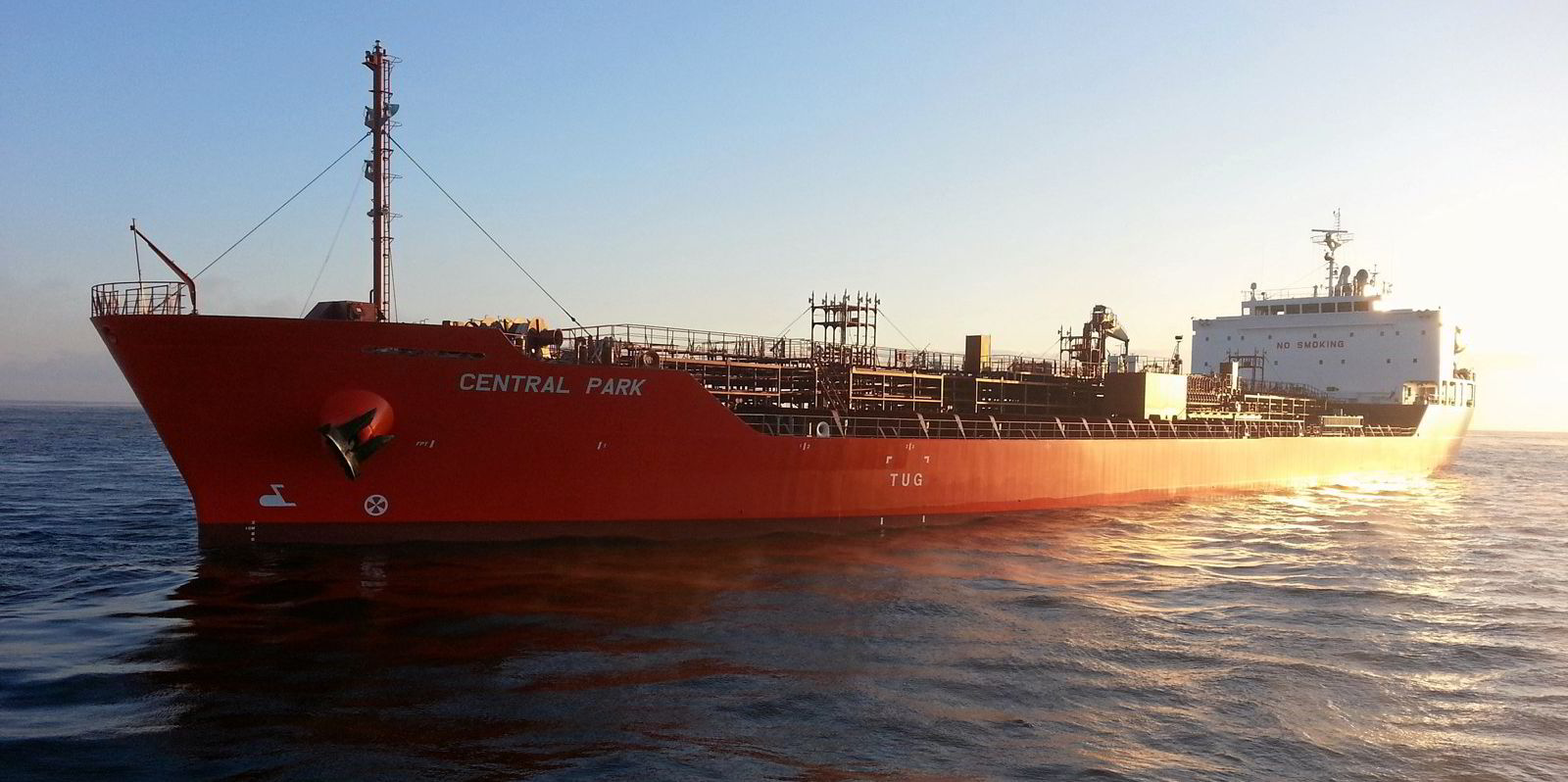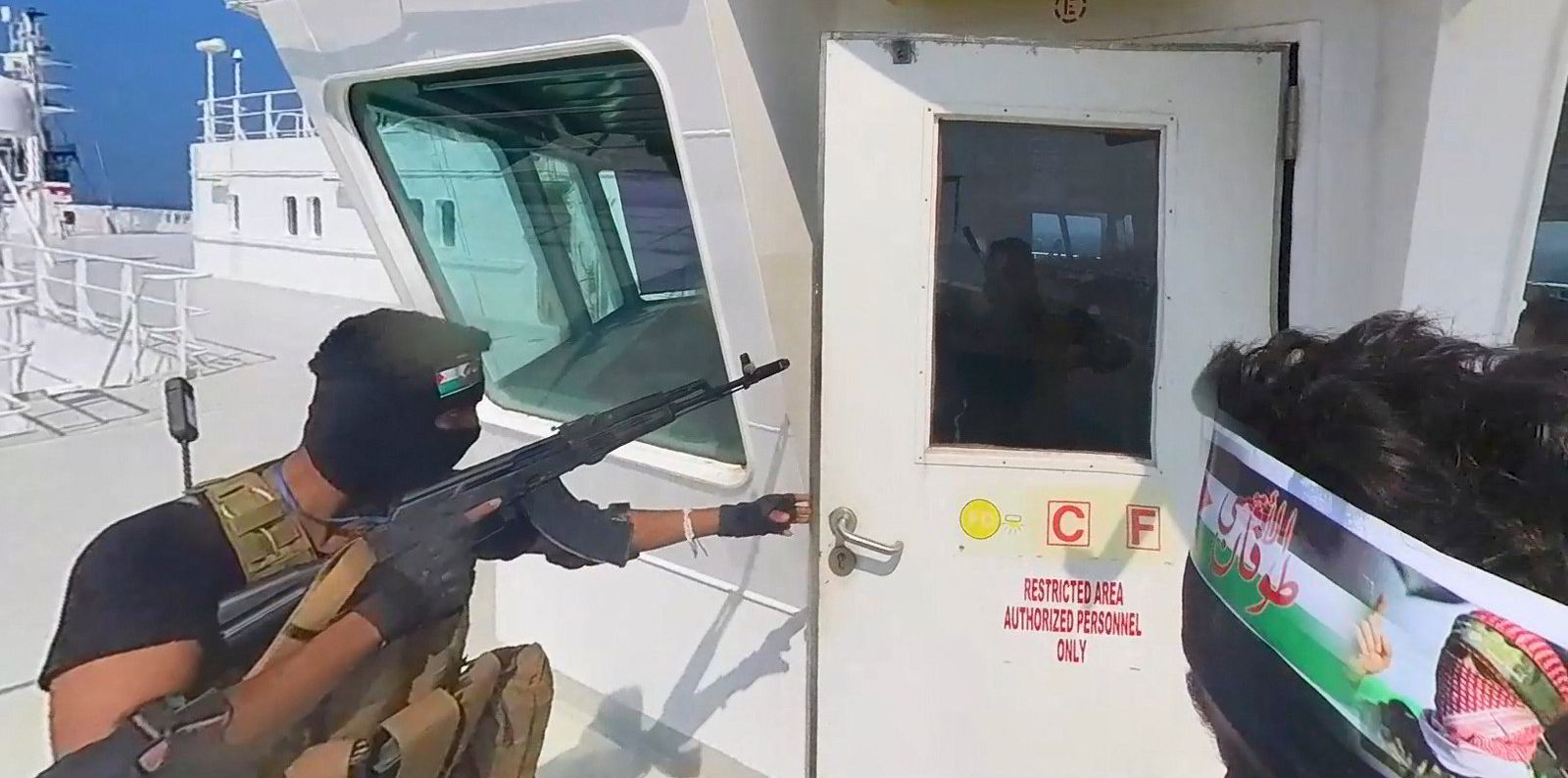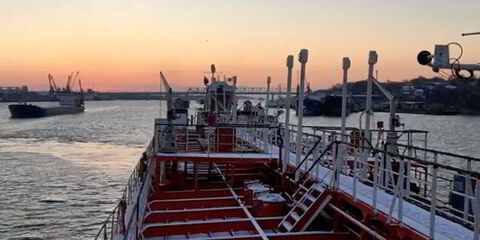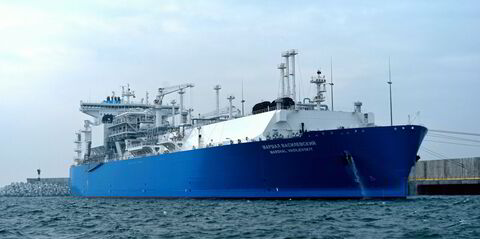Three years ago, this column praised the inspiring unity of purpose that was seen in the maritime world at the height of the Covid-19 lockdowns. It expressed hope that this could be a “silver lining” that continued in the years to come, with ship managers, charterers and shippers, vessel owners and unions speaking with one voice.
In that case, it was about the enormous pressures that had been put on the industry to keep global trade moving and prevent economic paralysis.
The world’s most invisible industry had suddenly appeared on the policymakers’ radar and there was relief that it would deliver.
But at a price, which is why usually sparring organisations such as the International Chamber of Shipping and the International Transport Workers’ Federation could be heard making joint pleas on behalf of crews. In particular, they saw the need for seafarers to be treated as “essential workers” and given preferential treatment to ensure they were able to land safely and take their well-earned breaks.
Crew changes — a concept that rarely permeated the minds of top-ranking politicians — were suddenly very important, big news, in a world reeling from a pandemic.
So what’s the relevance of this today? The difficult situation of seafarers on board merchant vessels has again been raised due to attacks in the Middle East, all potentially linked to the Gaza war.
At the weekend, the 20,000-dwt chemical tanker Central Park (built 2015), controlled by Eyal Ofer’s Zodiac Maritime, was boarded in the Gulf of Aden by suspected Houthi rebels who were soon repelled by Western naval forces.
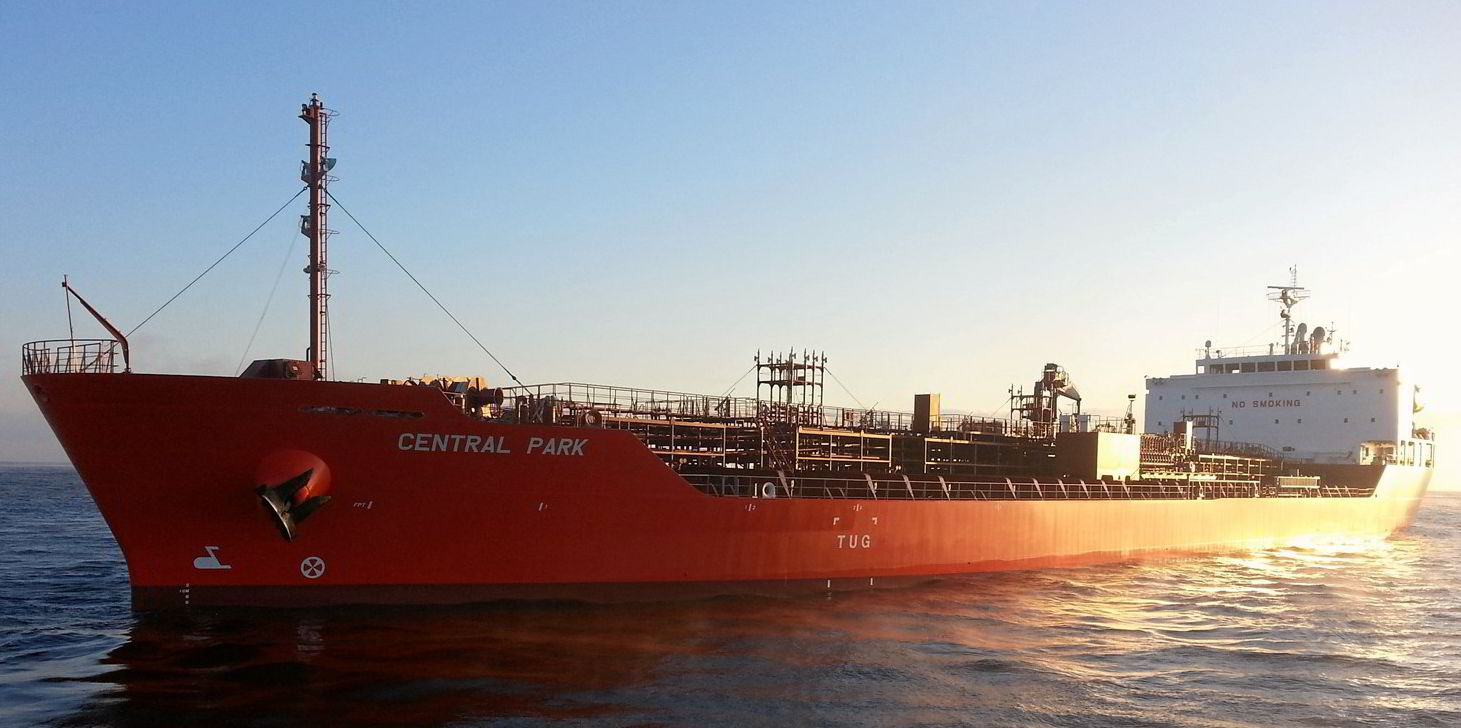
The US Defence Department said later that it believes the five alleged hijackers — now held on the American warship USS Mason — are Somali rather than Houthi from Yemen.
There is now speculation this could be a more traditional opportunistic pirate attack of the kind that has often taken place out of Somalia, rather than one with anti-Israeli political intent.
Last Friday, the Eastern Pacific Shipping-owned, 15,300-teu container ship CMA CGM Symi (built 2022) was hit by a suspected Iranian-made drone in the Indian Ocean.
Where is the outcry?
Two weeks ago, the Ray Car Carriers-controlled 5,100-ceu Galaxy Leader (built 2002) was seized in the Red Sea by presumed Houthi rebels and taken to the Yemeni port of Hodeidah. This was an overtly political act, carefully choreographed. Masked gunmen entering the ship’s bridge were videoed for later release on YouTube.
The Houthi leadership said the release of the vessel and its crew would be discussed when “America and Israel stop killing Palestinians in Gaza and bring in water, medicine and food”.
But the seizing of merchant ships and their innocent crews are crimes against international law and there should be a louder outcry.
Understandably, there have been headlines about the plight of Israeli hostages taken by Hamas and held in underground tunnels below Gaza.
Will the media also shine a spotlight on the challenges faced by the crew of the Galaxy Leader? These individuals have become unintended victims in a conflict unrelated to their work. The 25 seafarers from the Philippines, Mexico and Bulgaria were merely performing their duties.
If it had not been for the USS Mason and other vessels, the crew of the Central Park might also have been taken hostage.
The latest report from the International Maritime Bureau said it was aware of 85 vessels being boarded in different parts of the world in the first nine months of this year, with 69 seafarers taken hostage.
The Gaza conflict — and in particular the horrendous scale of Palestinian fatalities — will probably lead to longer-term regional enmity towards Israel and its chief backer, the US. This can only exacerbate the break-up of the world order and strengthen China, its fellow “Brics” countries and others seeking to overturn US and Western “hegemony”.
That upheaval could leave shipping even more isolated and needing a single voice.
Kitack Lim, secretary general of the International Maritime Organization, has expressed his “sincerest hope that [the Galaxy Leader] seafarers will be released as soon as possible”.
It’s an old refrain that shipping does not help itself. With its complex offshore fiscal and financial structures and international crews, it generally remains “out of sight, out of mind” for national politicians who can’t see much of a vote opportunity in the industry.
All the more reason for shipping to speak collectively in difficult times, as happened during Covid. Let’s start with the crew of the Galaxy Leader.

